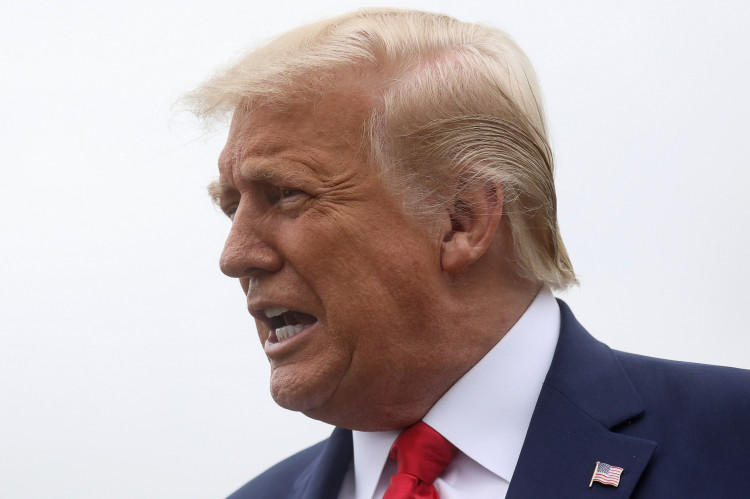President-elect Donald Trump's transition team is reportedly gearing up to reinstate his "maximum pressure" strategy aimed at crippling Iran's economic stability and military influence as soon as he takes office.
According to a Financial Times report, the incoming administration plans to reimpose strict sanctions on Iran's oil exports, a move reminiscent of Trump's first term in office when he withdrew from the 2015 nuclear accord and imposed broad economic measures against Tehran.
The anticipated executive orders targeting Iranian oil exports are expected to be among Trump's first actions as president. The sanctions, which could significantly reduce Iran's oil exports-currently over 1.5 million barrels per day-seek to weaken Tehran's economy and cut off its ability to fund military proxies such as Hamas and Hezbollah. Bob McNally, an energy consultant and former presidential adviser, told the Financial Times that these measures could leave Iran in a much more precarious economic state compared to Trump's previous term.
Throughout his 2024 presidential campaign, Trump criticized President Joe Biden's less stringent enforcement of sanctions, arguing that it emboldened Iran. "We have to make a deal because the consequences are impossible," Trump said during a campaign speech in September, highlighting his aim to push Iran back to the negotiating table for a new nuclear agreement.
However, Iran has dismissed the prospect of resuming negotiations under coercion. Iranian Foreign Minister Abbas Araghchi stated on social media that a revival of the "maximum pressure" policy would yield the same results as before-failure. He emphasized that while Tehran is open to dialogue, it will only do so under equitable conditions.
The Financial Times report noted that Trump's approach could extend to legislative efforts targeting entities facilitating Iranian oil exports. Notably, advisers like Mike Waltz are working to impose secondary sanctions on Chinese firms buying Iranian oil, potentially exacerbating tensions with Beijing.
Security concerns also linger, given the fraught relationship between the U.S. and Iran, especially following the 2020 assassination of Iranian General Qassem Soleimani, which fueled threats against Trump and other former officials.






